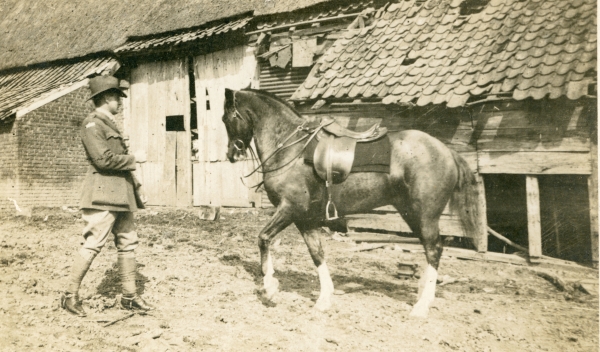On the 17th of March, all of the young ambassadors congregated in Wellington at the French Embassy for our first formal meeting. We had all been excited about the trip to France for several months, but that day was where it really became more of a reality, and the huge adventure before us started to take shape.
The day started of with some team building activities and a briefing about the trip in April and in July, which was predominantly in French. We then discussed our individual projects that we’ll be completing while we are in France. Around midday we stopped for a delicious French lunch with an array of breads, cheeses and pastries. Throughout lunch we all learnt how opinionated and passionate we all are as the topics of conversation varied between gender equality and Maori being taught in secondary schools. Before going into this meeting I was concerned about meeting the other Young Ambassadors but fortunately we all clicked very well and had a splendid time.
After lunch we did some more work on our projects and mapped out where our ancestors fought in France and Belgium, so we could plan the exact places we would visit in July. This again began to bring the scale of our trip into perspective which was really exciting.
Throughout the meeting I was able to plan what my research project was going to entail. I knew that I would predominantly focus on my great uncle Aro Keith Baker, as he fought for the New Zealand army and was killed and buried in France. My great grandfather on my dad’s side was Norman Morriss and he fought for the Australian army and returned to Australia after working in transport bringing supplies up to the front line.
As part of my research I asked my nana if she had any letters from her father who fought in WW1. She emailed me a copy of the letters that Norman sent from France during the war. The original letters are on display in the Christchurch museum. Due to the heavy screening of letters during the war, soldiers weren’t able to give away any information about where they were at the time, so they wouldn’t give away their location to the enemy. Norman tried to abide by this in his letters because he was determined to rise up in his ranks. Therefor most of his letters were very positive and talked about the good experiences he was having in France. Nana told me that he chose to only write about the good things so he wouldn’t upset his family at home. Fortunately this meant reading beautiful descriptions of the whimsical countryside, the quaint villages he occasionally stayed in, and the hospitable french people he met in his travels. I wish to go back to the places he went to and compare them to the way he described them in his letters.
In terms of memorabilia, I have found a photo of Norman with a horse he used for transport, as well as a small silver photo album of Ypres in Belgium, which he took back as a present for his mother. When we go to Ypres I will bring the photo album and inquire whether a museum would be interested in displaying it.
My current focus in my inquiry about my great great uncle Aro Keith Baker is finding personal items, memorabilia and photos. I went to the Wellington Central Library and found a photo of him in a book dedicated to collecting photos of all the NZ soldiers in WW1. The next stages of my inquiry involve finding letters and other forms of memorabilia. My grandfather hasn’t been able to find anything so I will be contacting his siblings and ask if they have access to any form of memorabilia. I will also contact the Canterbury Museum and ask if they have anything related to him. He lived in Christchurch before the war so there is a chance that the museum would have access to some of his belongings. I want to do this to form a greater understanding of who my great great uncle was, and what he experienced during the war. It is so easy to turn individual soldier’s lives into a statistic when they faced such awful realities and experienced traumas we could never imagine. Before I started this research project I didn’t know who Aro Keith Baker was. It is awful to think that his and many other’s stories could just be forgotten over time. The aim of my project is to commemorate the journeys my ancestors took and the sacrifices they made.


